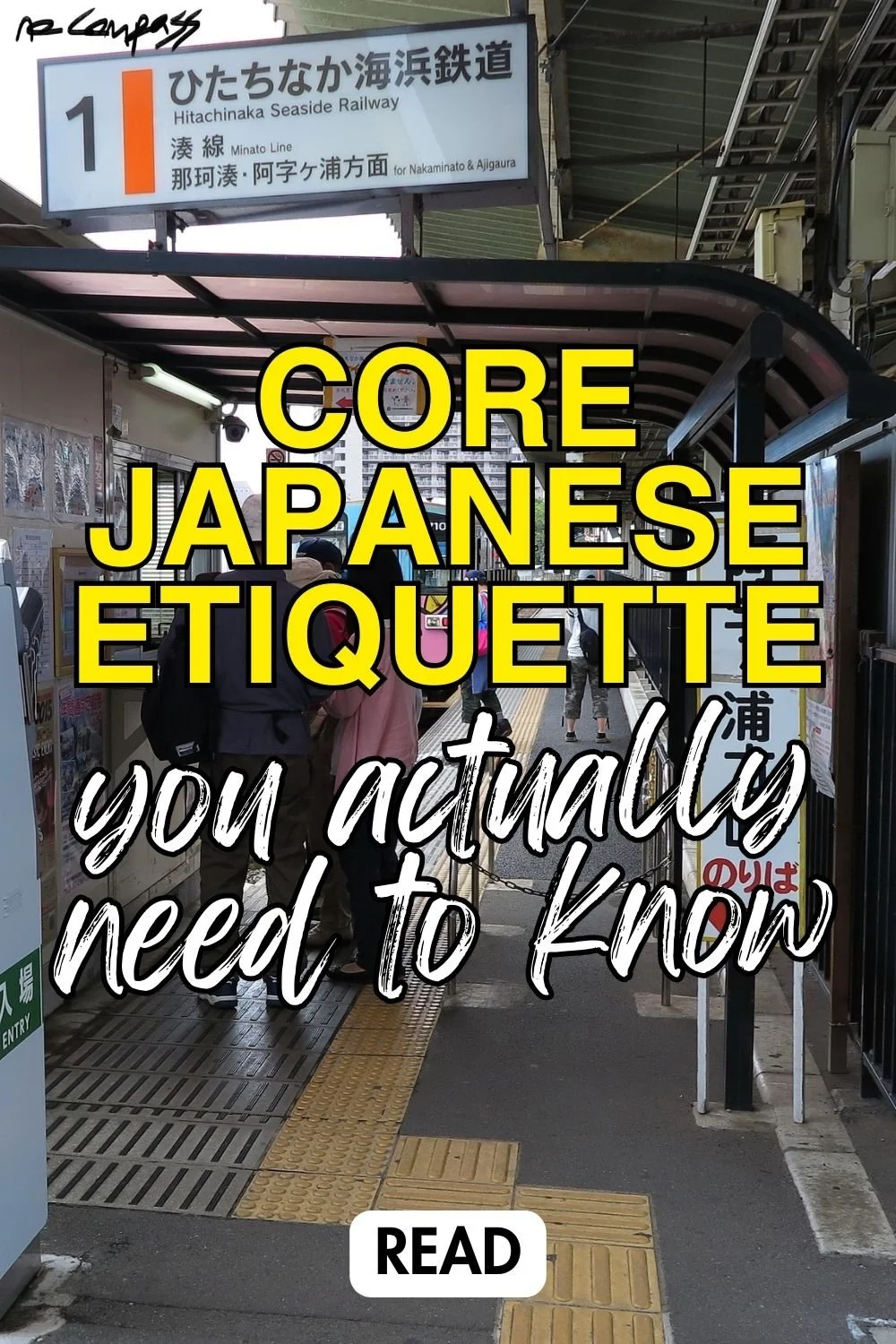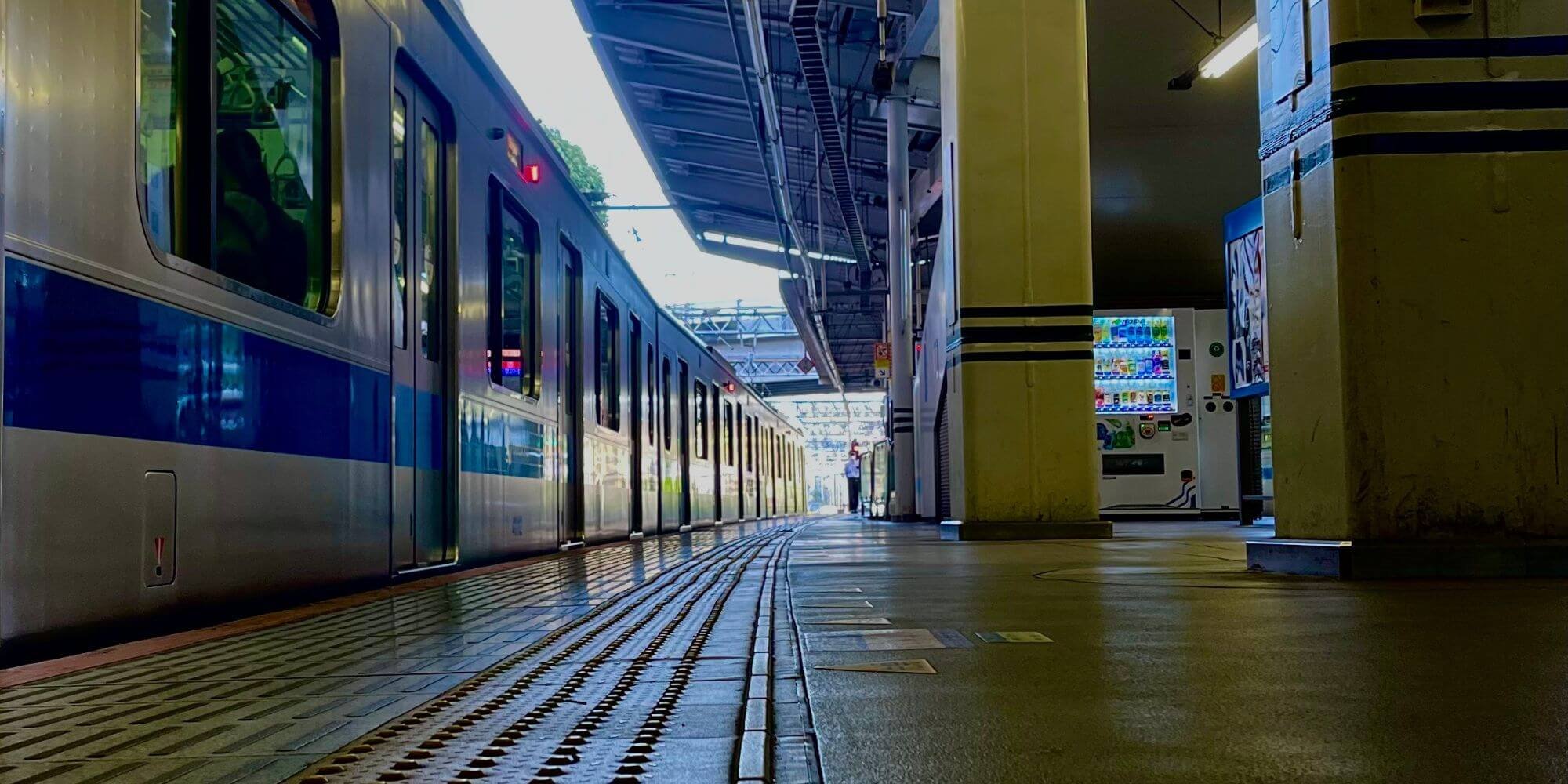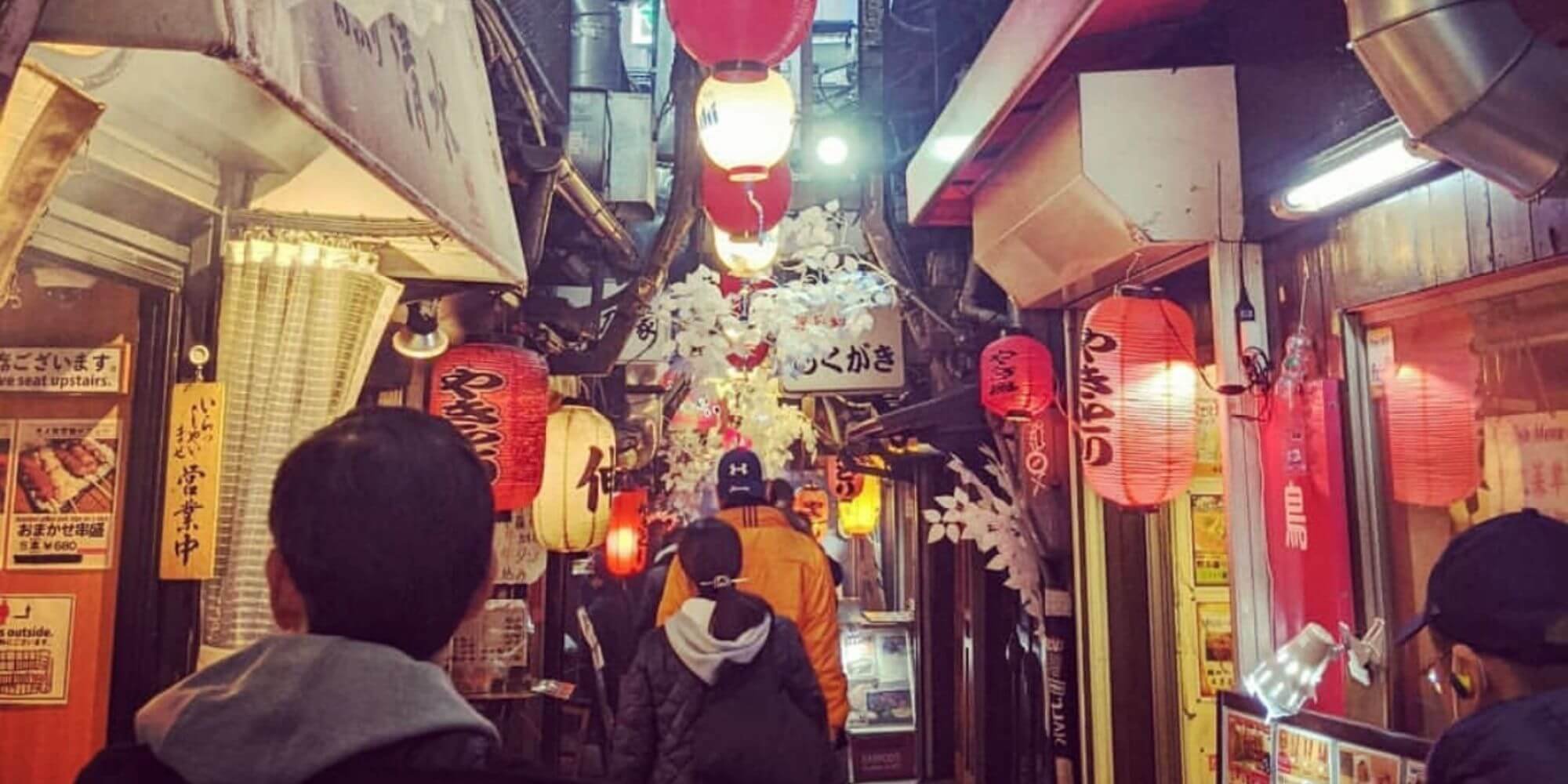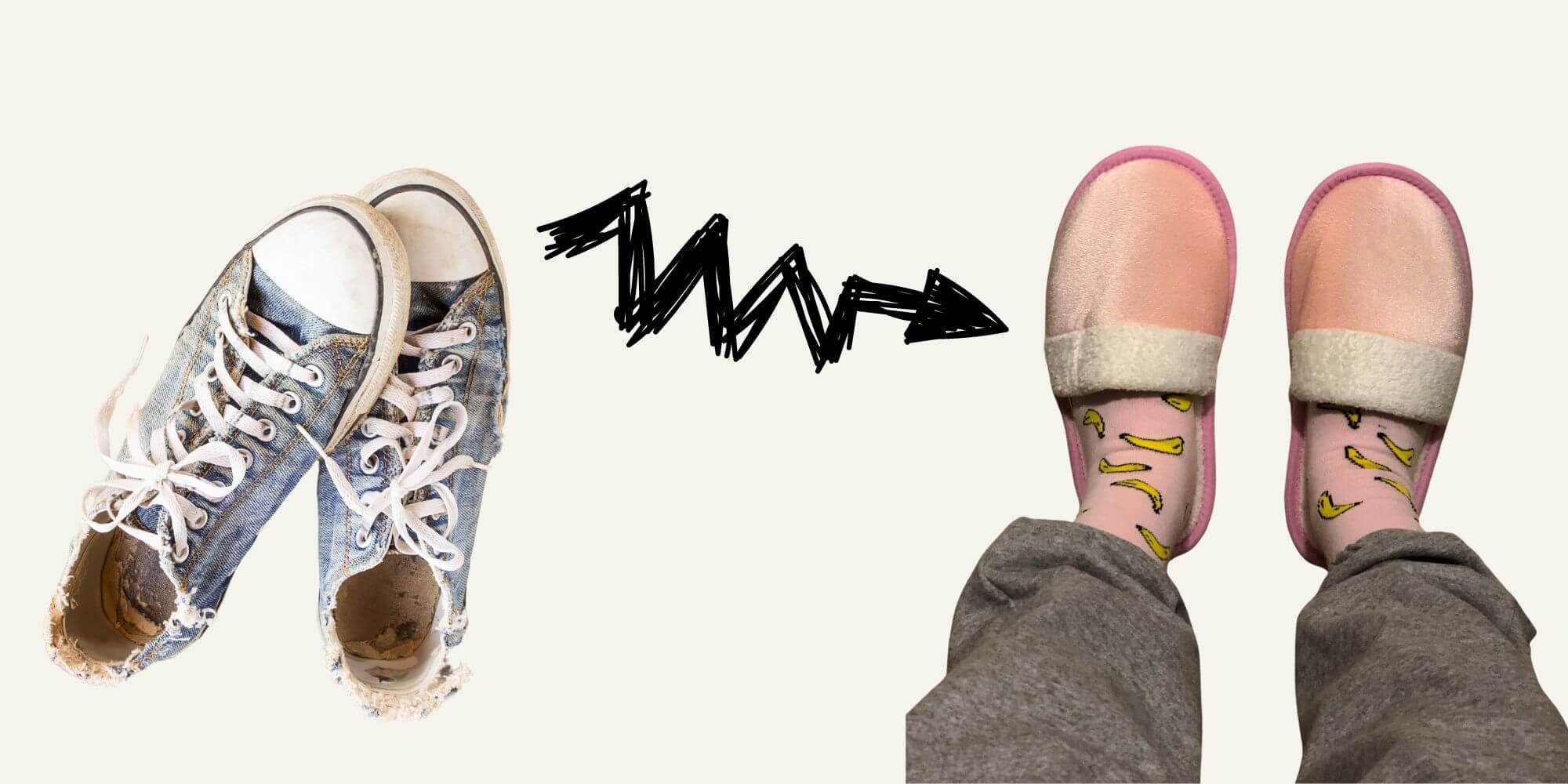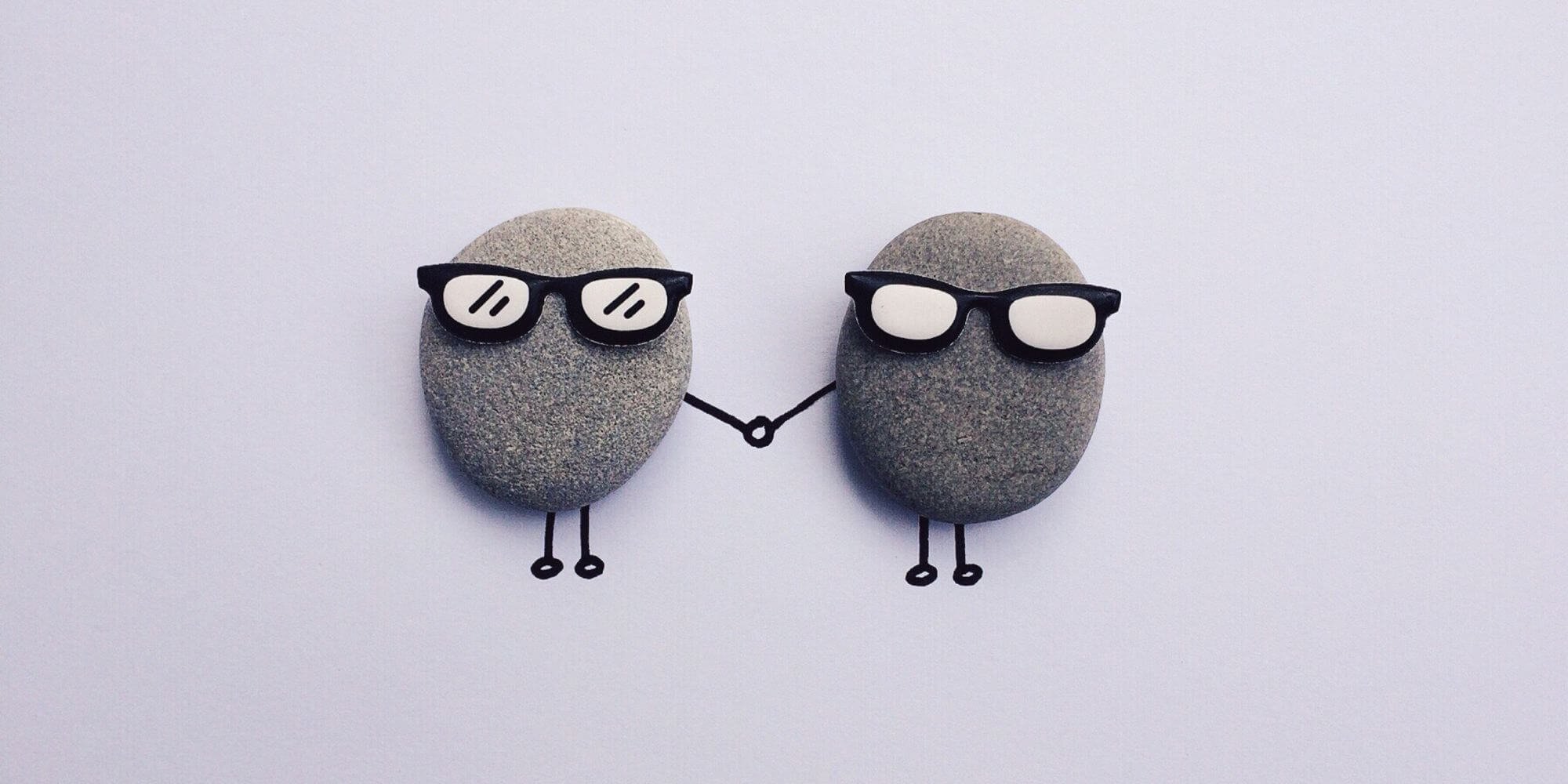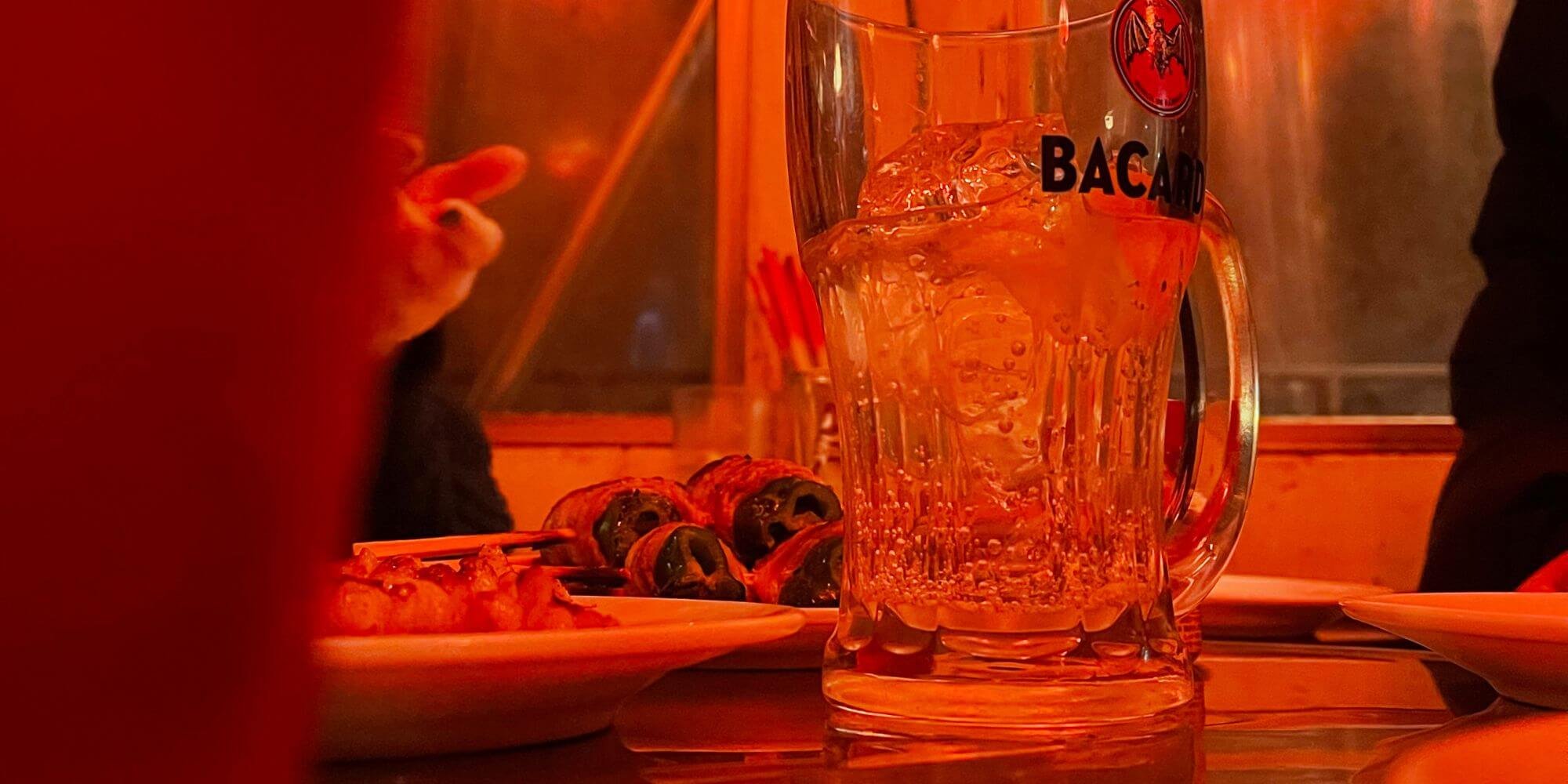Key Etiquette In Japan (avoid these mistakes when you go)
So you’re not accidentally rude…
(psst, don’t forget to pin this for later!)
Japan is known for its politeness. And one of the best things we can do as visitors is to respect that culture. Luckily, a lot of it is common sense stuff.
So I’m sharing the most essential etiquette in Japan that you should know about — the do’s, the don’ts and stuff that’ll make you look like a pro.
I’ve been living in Tokyo on and off for the past seven years. So in my time here, I’ve picked up on a few key things (and made plenty of mistakes too).
This is how to act in Japan.
And real quick——knowing the etiquette is a great start. But knowing the right phrases, having the right apps and not forgetting anything important before you land? That's the full picture :)
Grab my free Japan Trip Starter Kit. Comes with a Japan pre-travel checklist, essential apps to know, and core phrases all in one. Drop your email for instant access. Get the Japan Trip Starter Kit → (or use the form below).
Alright then, let’s do this!
Table of Contents
Train Etiquette
Avoid Talking On the Phone + Being Loud
One of the first things you’ll notice when visiting Japan is how quiet and clean the trains are — even when they’re packed at rush hour.
This is because people avoid talking on the phone while riding and aren’t too loud in general (out of respect for those around you). It’s considered rude and inconsiderate to talk on the phone on the train. And if you do, you’ll probably feel some eyes on you.
That being said, if you do have to answer, it’s normal to quickly answer to say you’re on the train and you’ll call them back after you get off (or just text).
Besides talking on the phone, it’s also polite to not be super loud (especially after a few drinks or if you’re traveling in a large crowd).
These simple moves will go a long way in being respectful during your time in Japan.
Avoid Eating
The next most important thing to remember while riding trains is to avoid eating. It’s pretty rude and you’ll definitely pick up on this vibe while riding. Seeing a local person chowing down on some grub is super rare.
So it’s best to just wait until you get home or find a quiet spot (in a park, for example).
Priority Seating
This point is important, but also pretty obvious. Always give up your seat for elderly, pregnant or injured people.
Each train car has a section for priority seating and these seats are meant to be saved. But even in the general seating area, it’s polite to offer up your seat to someone who may need it.
Of course, if the train is empty, taking a load off is totally normal. But just remember to keep an eye out.
Line Up to Left + Right Before Entering
While waiting for the train, you’ll notice people are incredibly organized in Japan. Everyone lines up to the left and right of the opening doors before getting on the train. This is to let other passengers get off before you get on.
So remember to not stand right in the middle of an opening door — it’s a bit rude.
There are markings on platforms to guide you, but you can usually just follow the people around you.
Watch for Women-Only Cars
Women-only cars are train cars that only women can enter (usually during certain times).
You’ll see signs for these. But since obliviousness is pretty common while exploring a new city as big as Tokyo, just keep an eye out for obvious signs.
Women-only cars will have pink signs and, obviously, no men.
So if you notice you’re surrounded by women, double check you didn’t get in (or line up for) a women-only car.
Remember “Sumimasen”
When your stop comes and you’re stuck on a crowded train, all you need is one word.
Just say, “sumimasen”
This simply means excuse me and people will scoot out of your way.
You can even mumble (which can sound more natural). For example, sumimasen often becomes something more like “su-masen”.
Explore more:
➤ The Ultimate Japan Train Guide
Public Etiquette
Carry Your Trash
While exploring Japan (even Tokyo), you’ll notice trash cans can be hard to come by.
So you’ll need to keep it with you until you find a bin. I usually just keep a plastic bag with me and put my trash inside my backpack.
If you’re in a pinch though, you can usually find trash cans in convenient stores. But I usually only use these if I buy something there. Otherwise, some vending machines will have trash for bottles and cans.
Know the Escalator Protocol
Want to instantly look like a pro when you visit Japan? Then know which side of the escalator to ride on.
The rules are simple:
In Tokyo and Kanto area → stand to the left side
In Osaka and Kansai area → stand to the right side
Explore more:
➤ Tokyo vs. Osaka vs. Kyoto
Crossing the Street
If you’ve ever visited Japan before, you’ll know that everyone follows the traffic signals — almost excessively.
Even short one-way street crosswalks with no traffic on a quiet street will have residents patiently waiting for the green walk sign before crossing.
So when you’re visiting Japan, don’t jaywalk. Wait for the green signal (even if it feels pointless).
Home Etiquette
Take Your Shoes Off
The biggest mistake you can make when entering a Japanese home (and some public places or traditional restaurants) is leaving your shoes on.
You’ll notice that houses will have a small entrance area where the ground is lower for you to take your shoes off. Often, people switch to slippers.
So don’t just walk in with your dirty shoes — it’s a serious faux pas!
Explore more:
➤ Best Travel Shoes for Men
Don’t Put Your Feet Up On Tables or Chairs
This one may be obvious, but avoid putting your feet on furniture.
While it can feel tempting to throw your feet up on a coffee table in the living room, don’t. And pulling your leg up so one foot rests on the edge of your chair? Avoid that one too.
I’ve had personal experiences with both.
Naturally, I got some looks and was told to put my feet down in the chair situation (I was at a restaurant — they were super polite though).
Being Quiet for Neighbors At Night
Loud house parties aren’t a thing. And neighbors generally don’t make a lot of noise. Japan is incredibly quiet and peaceful and one of the best ways to respect your neighbors is to keep things quiet while at home.
You can hit the town easy enough, so keep the cheers and celebrations for the izakayas and clubs.
(especially if you’re renting an AirBnb in a residential area)
Relationships + Greetings Etiquette
PDA
PDA isn’t common in Japan. I rarely see couples being touchy-feely in public in Japan. Even holding hands can be considered a “big deal” (i.e., only people in more serious relationships do it).
Of course, everyone’s different and there can be some generational divide here.
But it’s something to keep in mind if you’re visiting and curious about the “rules”.
Greetings + Goodbyes
In Japan, people greet each other and say goodbye differently (generally speaking). Namely, hugging and shaking hands are not common.
Whenever I see my friends (in my home country), we always hug or have some extravagant hello! But in Japan, it’s usually a little different.
It’s more common to just say hi with an epic smile. If it’s slightly more formal, a slight bow-style nod will do the trick.
But again, everyone’s different and friendship nuances are a thing. So just read the vibe.
Being Non-Confrontational
I’m assuming you won’t be going around starting debates and loud arguments, but as another piece of etiquette trivia, Japan is very non-confrontational.
Public arguments are extremely rare and even healthy debate is difficult.
So don’t be shocked if it’s hard to get alternative opinions or if everyone is especially agreeable to your ideas.
Food Etiquette
Using Chopsticks
Chopsticks come with a few etiquette points. Namely, don’t stick them into your food (for example, rice) when you’re not eating it. Rest them across the bowl, horizontally.
And if you’re not confident with using chopsticks, no stress. Most restaurants can accommodate you with a fork (especially in central areas, like Tokyo).
Slurp Your Noodles
Slurping your noodles in Japan is super normal and even considered a compliment to the chef.
So don’t feel strange or self conscious about loudly enjoying that fresh bowl of ramen.
Slurp away!
Pouring Water for Others
When going out, it’s common and polite to pour (or get) water for others in your group. Often, there’s a pitcher at the table to pour. Otherwise, there’s a drink station to fill up cups.
Either way, it’s a nice gesture and something my friends and I always take turns with.
No Tipping
There’s no tipping culture in Japan. From tattoos to food, there’s no need to leave anything extra.
You may get charged a little extra for tax at the register. But that’s it.
No tipping.
:]
Don’t Forget “Kanpai!” + “Itadakimasu!”
You’ll need two main phrases for eating and drinking in Japan:
Kanpai → means “cheers!” and is always said before the first sip of beer
Itadakimasu → always said before eating
Itadakimasu is sort of like a mini prayer before eating (but there’s no religious connotation to it, as far as I know). While these phrases aren’t required (especially as a visitor), it’s a nice addition that could impress any locals you’re hanging out with.
Be warned though, once you get into the habit of saying itadakimasu and kanpai! all the time, it’s hard to stop (even after you return home).
It’s your language souvenir.
Explore more:
➤ Best Places to Stay In Tokyo
Etiquette sorted. Now figure out where you're actually going. The Japan Itinerary Builder creates a fully personalized itinerary around your travel style — so you show up prepared on all fronts. [Japan Itinerary Builder →]
Business Etiquette
Giving Out Business Cards
If you ever find yourself in a business card exchange, there’s a proper way to do it in Japan.
It’s pretty simple though, so no worries.
Giving out and receiving business cards in Japan is done with both hands and a bow (even a slight bow is fine, especially if the situation is more casual).
From here, don’t just stuff the card into your pocket. Ideally, you’ll have a hard case to keep the card in.
But if you don’t have one, I’d wait until after the exchange and the other person is gone to save the card (i.e., put it in your pocket).
Bowing
As you probably already know, bowing is commonplace throughout Japan — especially in the business scene.
While small bows (more like nods) are common in regular day-to-day interactions (even between friends), deeper bows are saved for more formal situations.
This includes shopping experiences too, where you’ll see store employees bowing to customers as they leave after making a purchase.
As a visitor, you likely won’t need to worry too much about bowing etiquette. But it’s nice to know what to expect (as an observer or a customer).
Later ✌️
When visiting a different country, the best thing we can do is respect the local culture and stay polite.
For Japan, this means just following a few key rules of etiquette.
Not being loud on trains or eating in public and taking off your shoes are a few of the big things to know.
And if you do make any minor mistakes, it’s usually totally fine. Using common sense and being polite is generally enough to stay out of “trouble”.
So with that, have fun and enjoy Japan — it’s one of my favorite places to explore!
Want More? Nice. Here’s More.

